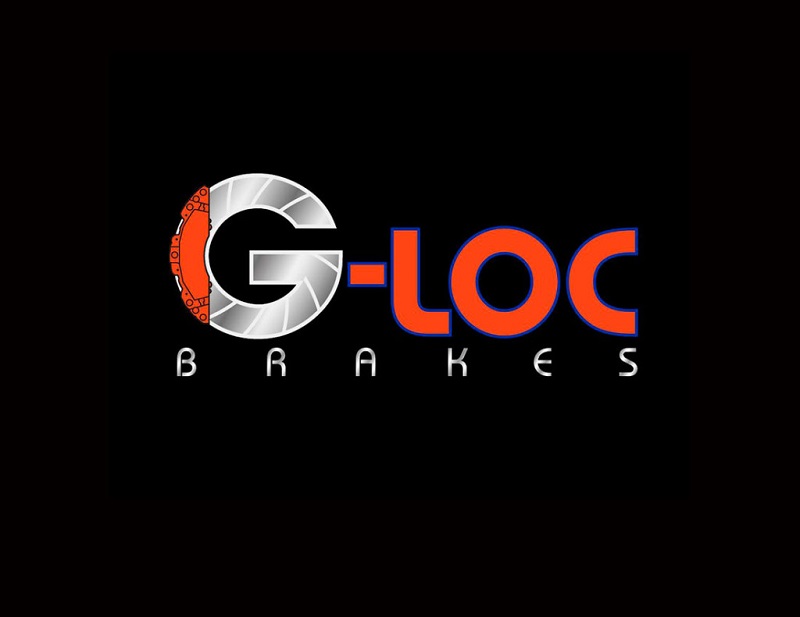You most likely have a fluid leak in your brake system or a bad master cylinder. Another reason for this is you might not have tightened your bleed screw on one or more of your calipers.
Read More
Pedal is low when I first step on it, if I pump it the brake pedal comes up, why?
A low brake pedal that has to be pumped may be due to a low fluid level and/or air in the lines.
Read More
Why do I need to use a lot of force on my brake pedal?
This is most likely the case of improperly bed brake pads. Once the pads and discs are glazed the amount of friction (bite and torque) is greatly reduced. This could also be the result of choosing the incorrect brake pad compound for your application.
Read More
Why did I lose my brake pedal during my track event?
In most cases this is a result of boiling your brake fluid. Another of the usual suspects are faulty master cylinder or a leak in either the caliper or the brake lines.
Read More
Why does brake fluid boil?
Brake fluid is subjected to very high temperatures. It must have a high boiling point to avoid vaporizing in the lines. This vaporization is a problem because vapor is highly compressible relative to liquid, and therefore negates the hydraulic transfer of braking force from the
Read More
What causes a soft (spongy) pedal?
A soft or spongy pedal is most likely the result of air in the brake system. Air bubbles may have entered the system because the fluid level got too low. The air could have been from a small leak in the brake hose(s) or a
Read More
What causes discs to warp?
The most common reason is over-torqued or unevenly torqued lug nut(s). Making sure you use a proper torque wrench with all four wheels on the ground is the best approach. The use of an impact wrench is NOT recommended. Your vehicles manual will indicate the
Read More
Why am I getting oscillating feedback?
Cracked discs or pad material build-up on the disc surface. Excessive disc run out is another reason for oscillating feedback.
Read More
What causes brakes to squeal?
Brake squeal often happens during the first few hundred miles of use as pads bed in to a new or used discs. It’s best to wait until you have about 1,000 miles (1,609km) before determining if there is a noise problem with your pads. Some
Read More
What causes brakes to drag?
Warped discs
Bad master cylinder
Caliper spread – which can lead to tapered brake pads
Calipers are not square to discs
Caliper piston(s) are not retracting properly causing one or more pads to constantly make contact with the disc surface.
Debris in the caliper
